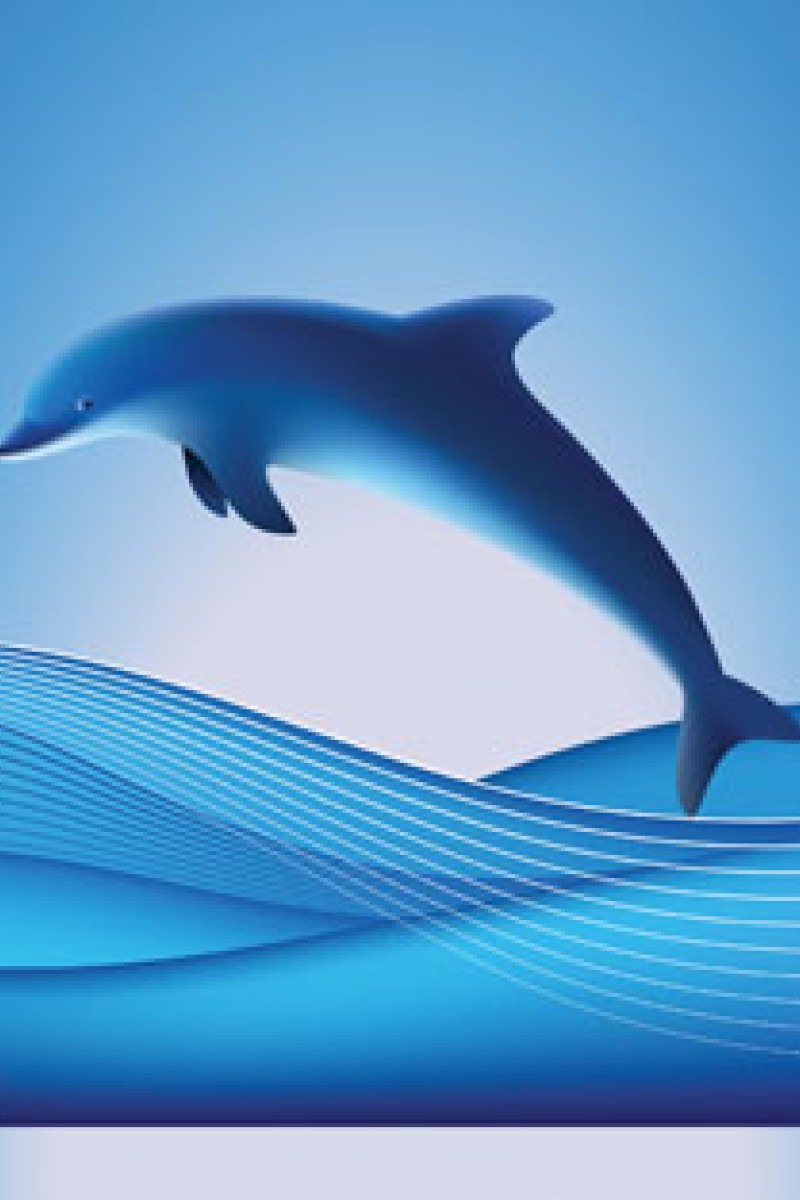 iii
iiiNews that Ocean Park is conducting a study that could lead to wild dolphins being imported from the Solomon Islands has sparked an outcry from conservation groups and environmentally-conscious students.
Last month, eight animal conservation groups pressed the government to reject or even confiscate any imported wild dolphins. They warned that allowing such imports would damage Hong Kong's international reputation.
The park's study will look at the population of dolphins in the waters of the Pacific nation to see whether the population is big enough for some to be imported to Hong Kong. The study is expected to start this year and be completed in two to three years.
Earlier this month, pupils at a primary school launched a campaign calling on the theme park to agree not to go ahead with the plan, arguing that animals taken from the wild and kept in captivity would suffer.
At least 300 pupils from the English Schools Foundation Kennedy School signed a petition letter saying that they would boycott the park if it brought in wild dolphins.
The pupils said they were inspired by the Oscar-winning documentary The Cove, which shows an annual hunt and killings of dolphins by fishermen in Taiji, Japan.
'I have watched The Cove. It was about capturing dolphins and taking the babies away from their family,' the pupils say in the letter, addressed to the park's chairman.
Ocean Park said its acquisition policy states it will only obtain animals through 'responsible, legal means'. It says its practice is to first seek dolphins from other zoos through rescue, breeding loans, animal exchanges or purchases.
Conservation groups and critics say that it doesn't matter how the park gets the dolphins, the core problem with keeping wild animals in captivity is it deprives them of freedom for the rest of their life.
Supporters of the plan say seeing animals in captivity can educate people about wildlife. But critics argue that idea is flawed because such tours give distorted views of their natural behaviour.
For example, the dolphins are trained to do tricks they do not naturally do, said Samuel Hung Ka-yiu, Hong Kong Dolphin Conservation Society chairman.
'Sadly, few people realise this is not their natural behaviour. The dolphin shows are so impressive that most watchers believe all dolphins, including wild ones, routinely perform tricks,' Hung said. But animal shows remain a major attraction for theme park-goers. Park managers contend that keeping the animals allows people who would not normally see them in the wild to do so in the adjusted facilities. This means a large number of people will encounter the animals.
Ocean Park defends itself, maintaining the dolphins teach people about wildlife and inspire them to have more respect for the environment. A spokeswoman for the theme park said a study conducted by the park in 2008 found that over 80 per cent of visitors could recall the facts they learned during their visits.
A dolphin encounter programme at Ocean Park allows visitors to observe dolphins up close. It includes educational information placed by their pools explaining their characteristics, life cycle and their natural habitat. Staff educators also teach visitors about the threats the animals are facing in the wild, the spokeswoman said.
'Studies show that [visitors'] knowledge and attitude towards the environment significantly increased after they took part in the interaction,' she said.
'By seeing the animals at Ocean Park, visitors increase their knowledge on the animal, build up emotional bonding with them, and are empowered to carry out conservation action to protect the environment,' she said.
The dolphins live in a carefully monitored home, under the care of veterinarians and nutritionists.
Ocean Park uses an advanced water filtration and sterilisation system to provide the best quality seawater it can for the dolphins. There are also plenty of frozen fish for the dolphins to eat, weather-proof shelters and health checks to give the marine mammals a comfortable living environment.
'Our animal care programme is supported by the well trained, professional veterinary and curatorial team... All dolphins are well monitored and studied to understand their needs,' the spokeswoman said.
<!--//--><![CDATA[// ><!-- PDRTJS_settings_2021192 = { "id" : "2021192", "unique_id" : "default", "title" : "", "permalink" : "" }; //--><!]]>